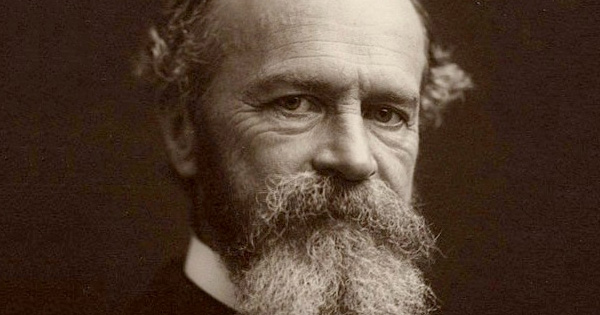William James on Consciousness and the Four Features of Transcendent Experiences
Maria Popovathemarginalian.org
William James on Consciousness and the Four Features of Transcendent Experiences

ian ross added
mystical states seem to those who experience them to be also states of knowledge. They are states of insight into depths unplumbed by the discursive intellect. They are illuminations, revelations, full of significance and importance,


jon chin added
there is a class of conscious experiences that come with a degree of lucidity uncommon in normal life. By and large, their mere existence was denied by science until the last century, and their study was consigned to the intellectual hinterlands of psychology, at the intersection of spiritualism, the paranormal, and the esoteric. But they are nothi
... See more…transformative experiences achieve transcendence, conveying a sense of equanimity, a feeling that everything is as it should be. They transform the life of the experiencer to the extent that the sense of self is extinguished. Experiencing the world with the "I" out of the way--an "I" that always wants something, desires somethi
... See more
When William James wrote about consciousness in The Principles of Psychology, he was basically describing the stream of thought generated in the active mode. Yet James realized that thought alone could not account for all of human experience. “There are two ways of knowing things,” he asserted, “knowing them immediately or intuitively, and knowing
... See more